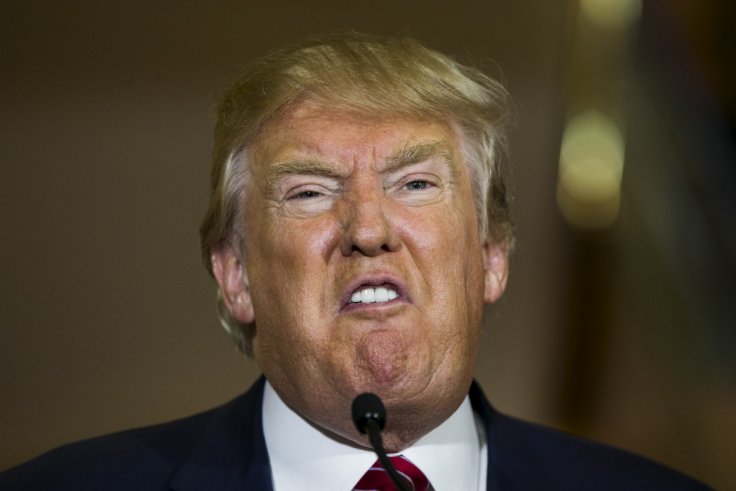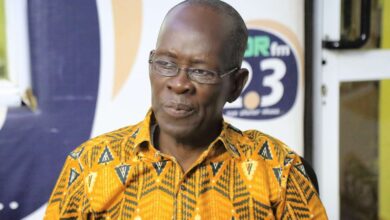
Post-election communications of Donald Trump’s team were swept up in an “incidental collection” by intelligence agencies, a Republican lawmaker says.
House intelligence committee chairman Devin Nunes said individuals were named in “widely disseminated” reports, which he said was “totally inappropriate”.
Mr Nunes said this did not back Mr Trump’s claim Barack Obama had ordered Trump Tower wiretapped before the poll.
But when asked if he felt vindicated, Mr Trump said: “I somewhat do.”
Mr Nunes also insisted the collected information was not linked to an FBI investigation into alleged links between the Trump team and Russian officials during the election campaign.
A political row followed Mr Nunes’ announcement, with the top Democrat on the committee, Adam Schiff, criticising him for not consulting the committee before going public.
“This is not how you conduct an investigation. You don’t take information that the committee hasn’t seen and present it orally to the press and to the White House before the committee has a chance to vet whether it’s even significant,” he said.
Analysis: BBC North America correspondent Anthony Zurcher
US intelligence agencies regularly monitor foreign individuals of interest, so if a member of the Trump transition team – or Donald Trump himself – communicated with a person under surveillance, it’s likely those interactions would be recorded.
That would constitute “incidental”, legal surveillance as described by Devin Nunes in his press conference on Wednesday afternoon. What that means, however, is open to interpretation.
Trump supporters may point to this “startling revelation”, in press secretary Sean Spicer’s words, as evidence that the president correctly suspected his communications were being intercepted. They will also probably question who “unmasked” the names of Trump advisers, when the default is to avoid revealing the identities of US citizens communicating with monitored foreign nationals.
Mr Trump’s critics are sure to wonder what kind of interactions the Trump team was having with individuals worthy of US intelligence surveillance. Were these communications authorised, and what topics did they cover? It was just such intelligence intercepts that revealed that former National Security Adviser Michael Flynn had been lying about the nature of his phone discussions with Russian Ambassador Sergey Kislyak, after all.
This story is like a spinning top, impossible to know which way it will next turn.
Mr Nunes said the incidental collection was legal but his main concern was that people involved had been unmasked in the reports.
However, Mr Schiff said it was “fully appropriate” to give the names of US citizens “when it is necessary to understand the context of collected foreign intelligence information”.
What Mr Nunes had revealed did not indicate that there was any flaw in the procedures followed by the intelligence agencies, Mr Schiff added.
The intelligence collection, which took place mainly in November, December and January, was brought to the attention of Mr Nunes by an unnamed source or sources.
When Mr Trump was asked if he felt vindicated for his explosive accusations against his predecessor, he answered: “I somewhat do. I very much appreciated the fact that they found what they found.”
Trump campaign advisers are currently the subject of an FBI investigation and two congressional inquiries.
Investigators are reviewing whether the Trump campaign and its associates co-ordinated with Moscow to interfere in the 2016 presidential election campaign to damage Mr Trump’s opponent, Hillary Clinton.
Source: BBC




